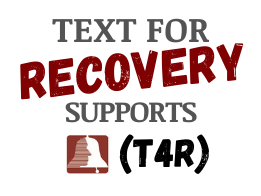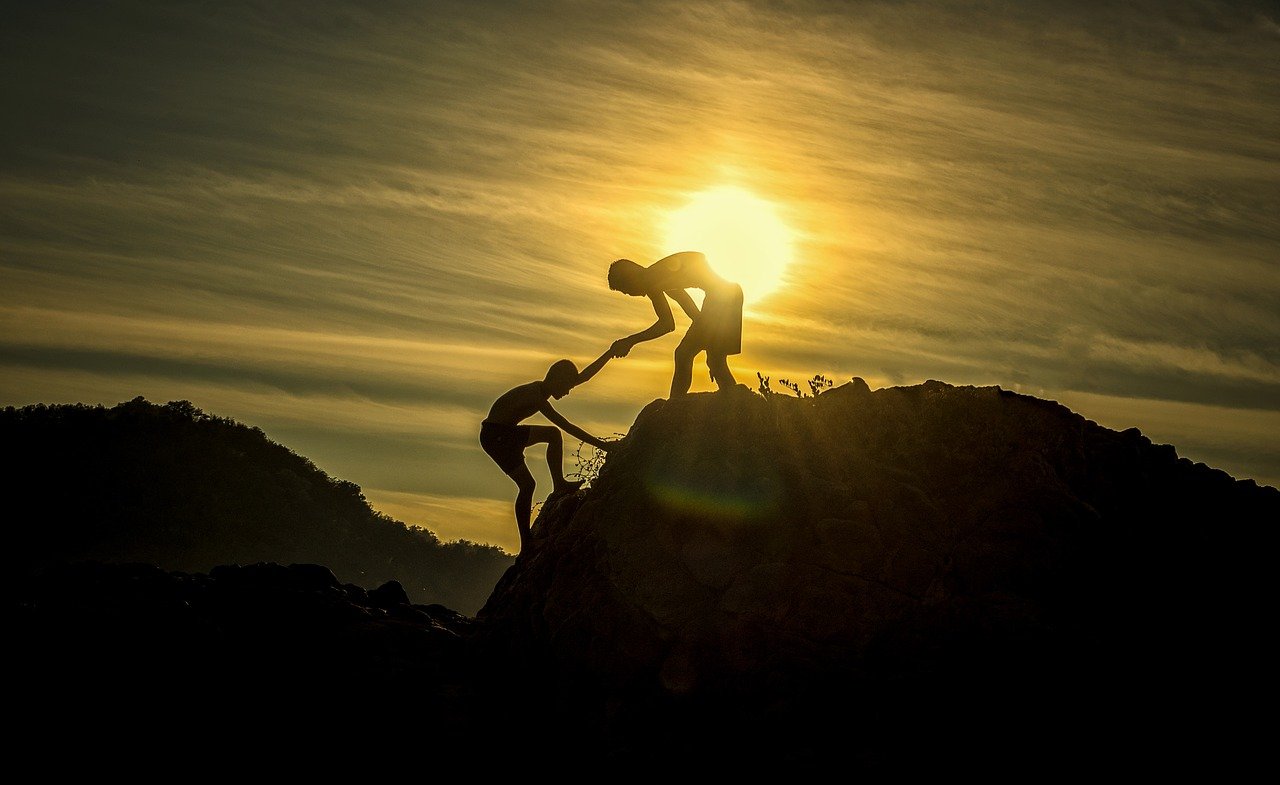Sponsorship during addiction recovery is one of the tenets of 12-step groups like Alcoholics Anonymous (AA). Many who have gotten, and remained, clean and sober have done so with the help of a sponsor guiding them through the process of recovery. While it has proven to be an effective tool in 12-step circles, some wonder whether sponsorship in addiction recovery is really an important element.
A Rewarding Relationship
For those in early recovery, sponsorship quickly becomes a topic of conversation. They are told by others to find a sponsor and begin working with them as soon as possible. In early recovery this can be a daunting task, especially if there is little understanding about what a sponsor is and should be. This brings up a commonly asked question, what is the role of sponsorship in addiction recovery and do I even need one? The primary purpose and responsibility of a sponsor is to help another individual work the Twelve Steps associated with a twelve-step program. Sponsorship is often considered one of the most rewarding relationships developed in addiction recovery.
What Does Sponsorship in Addiction Recovery Mean?
Addiction recovery sponsorship requires a sponsor who has a history of sobriety, knows the 12 steps, and is able to be responsible to a person without becoming responsible for a person. A sponsor is like a close friend who mentors and guides someone with less sobriety through the process of recovery. Typically, a sponsor is another person in recovery who has already worked the 12 steps that are outlined in 12-step programs like AA. They usually have a significant amount of time sober and continually work to live the principles of 12-step programs in their own lives.
The primary responsibility of a sponsor is to help their sponsee work through the 12 steps of whichever fellowship they belong to. It can be both rewarding and scary for sponsor and sponsee. The sponsee, who is just newly sober, has to be honest and vulnerable with another person – something that he or she haven’t likely done for a long time, if ever. Being vulnerable to someone else is no easy task, but it is the most important part of developing a relationship of trust which is the foundations for long-term recovery.
The Role of Sponsorship in Addiction Recovery
The sponsor works with the sponsee, going through the 12 steps, one by one. Sponsorships in addiction recovery are meant to offer guidance, explanation, encouragement, and support. Your sponsor may also provide other vital functions that someone new in sobriety needs. Some of those are:
- A sponsor can be a friend, teacher, and role model.
- A sponsor can be a great source of addiction recovery information, including their own experiences, successes, and failures in recovery.
- A sponsor can show the newly recovering valuable insights about living a life free from drugs or alcohol.
- A sponsor can provide motivation and encouragement that a newly sober person needs.
- A sponsor can be someone who is available to listen and support.
- A sponsor is someone to whom a sponsee has some accountability.
- A sponsor can help by explaining recovery concepts, terminology, and introducing their sponsee to others in the program.
- A sponsor is a person whom a sponsee can trust with confidentiality and nonjudgement.
- A sponsor is someone available in a crisis.
- A sponsor can help guide sponsees in developing healthy relationships
What is NOT the Role of a Sponsor
While a sponsor serves many purposes, it can also be easy to get them confused for something that they are not. Knowing the difference between a sponsor and a professional worker is key to building a successful relationship. If you are interested in learning more about this distinction, check out our blog post on the subject. What a sponsor does not do is as important as what a sponsor does do. In order to help eliminate common misconceptions about sponsorship, here are some things a sponsor cannot or should not do:
- A sponsor is not a therapist, psychiatrist or psychologist.
- A sponsor cannot keep a sponsee in recovery from addiction.
- A sponsor should not try to control a sponsee’s life or establish unhealthy dependence.
- A sponsor should not take advantage of a sponsee.
If any of these things should occur in a sponsorship relationship, that individual should terminate the relationship and find another sponsor immediately.
Sponsorship and Relapse Prevention
A sponsor can be an invaluable resource when an individual feels the urge to drink or use. If an individual feels at risk of relapse, it is recommended that before they make this devastating decision they reach out to their sponsor immediately. Although a sponsor cannot physically stop a sponsee from drinking or using, based on experience, a sponsor has the unique ability to provide the best chance at dissuading the decision to relapse. Often times, being heard and understood can discourage an addict from making the decision to relapse.
Is it Necessary?
Ultimately, in recovery there are very few things that are black and white – there are some tried and true suggestions however, that prove successful time and time again. One of these is having an active, working relationship with a sponsor. Addicts are by nature defiant, and have a tendency towards making rash decisions that are usually motivated by self. This is a quality that follows into sobriety, and one that necessitates having an outside source to run thinking through and bounce ideas off of. A sponsor provides this crucial support and background of wisdom that is so key for individuals in recovery who are actively working to stay sober.


